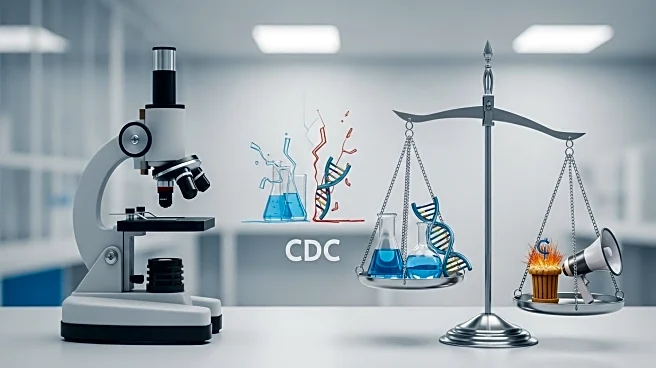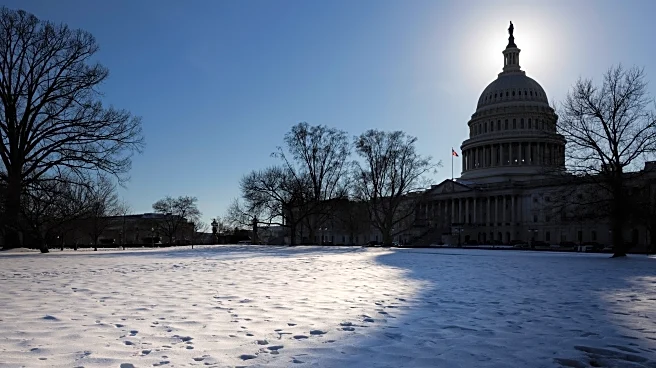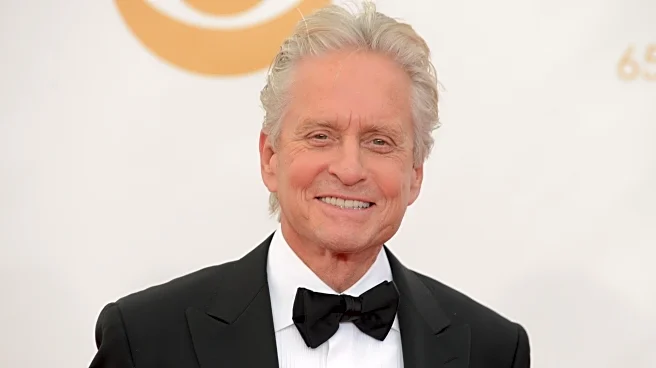What's Happening?
Dr. Demetre Daskalakis, former director of the CDC National Center for Immunization and Respiratory Diseases, was interviewed by ABC News’ Martha Raddatz on 'This Week.' During the interview, Dr. Daskalakis expressed concerns about the erosion of the firewall between science and ideology within the CDC. He highlighted how political influences have increasingly interfered with scientific processes and decision-making at the agency. This breakdown has led to challenges in effectively addressing public health issues, as scientific recommendations are often overshadowed by political agendas. Dr. Daskalakis emphasized the need for restoring the integrity of scientific guidance to ensure public health policies are based on evidence rather than political considerations.
Why It's Important?
The concerns raised by Dr. Daskalakis are significant as they underscore the potential risks to public health when scientific integrity is compromised by political influences. The CDC plays a crucial role in guiding public health policy and responses to health crises, such as pandemics. If scientific recommendations are not prioritized, it could lead to ineffective or harmful policies that fail to protect the public. This situation could undermine public trust in health institutions and lead to increased skepticism about health guidelines. Restoring the separation between science and ideology is essential to ensure that health policies are effective and based on reliable evidence.
What's Next?
Efforts to address the concerns raised by Dr. Daskalakis may involve advocating for reforms within the CDC to reinforce the independence of scientific decision-making. Stakeholders, including public health officials, policymakers, and advocacy groups, may push for measures that protect scientific processes from political interference. Additionally, there may be calls for increased transparency in how health guidelines are developed and communicated to the public. These steps could help rebuild trust in the CDC and ensure that public health policies are grounded in scientific evidence.
Beyond the Headlines
The breakdown between science and ideology at the CDC reflects broader challenges in maintaining the integrity of scientific institutions in politically charged environments. This issue raises ethical questions about the role of science in policymaking and the responsibilities of public health officials to resist political pressures. It also highlights the importance of fostering a culture that values evidence-based decision-making and prioritizes public welfare over political interests.












